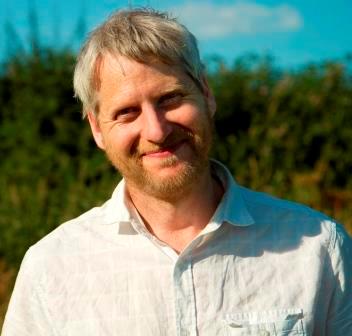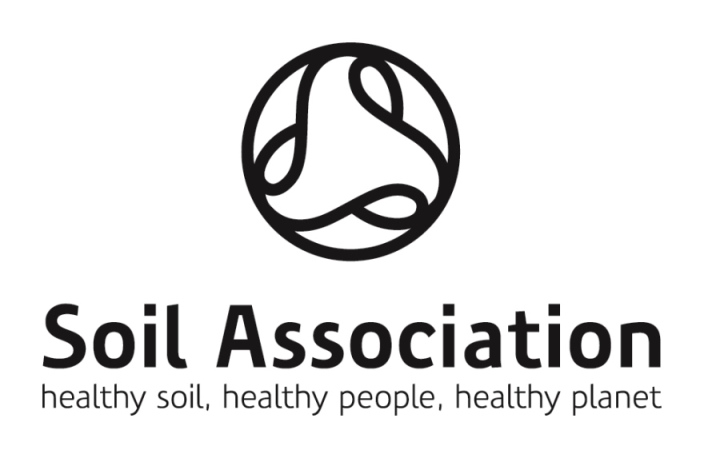We are happy to feature this guest post written by Ben Raskin, Head of Horticulture at the Soil Association.

It is often said that we know more about the moon than we do about what goes on under our feet, and the more we learn about our soils the more complicated we realise they are. For instance, it is well documented that there are as many organisms in a teaspoon of soil as there are people on the planet. What I only found out last year from Prof. Wilfred Otten of University of Abertay, Dundee, who spoke at our soil symposium about his research into 3d imaging of soil particles, is that just as humans occupy less than 1% of the surface of the earth, so soil organisms only live in less than 1% of the surface area of soil. I’ve always been astounded by the often quoted statistic that there are 6 billion organisms in a teaspoon of soil but this new research is even more mindblowing. Take a teaspoon of rice and then take just one grain of that (or less than one percent of the rice). On a bit of healthy soil the size of that grain of rice there could be 6 billion organisms living. Keeping this in mind certainly sharpens the mind as a gardener or farmer about how you treat your soil.
It’s great to see soil becoming a bit more fashionable with some mainstream media attention including a Guardian magazine article by Patrick Holden of the Sustainable Food Trust and the recent BBC soil programme. As you might expect from our name The Soil Association has long been an advocate of soil health and care. We were founded in 1946 by a group of scientists, farmers and health workers worried about the rise of chemical use in farming and convince that the key to healthy crops, animals and the people that ate them was looking after the soil and all the billions of organisms that live in it.

Almost any disturbance will have a detrimental effect on soil life. Of course if we are to grow crops (even perennial ones) we must do some cultivating but choosing the right time and conditions, and ensuring you give the soil plenty of organic matter to feed this myriad of organisms will help to minimise the impact or your gardening and ensure that you can keep producing healthy and nutritious produce for ever.
My background is as a commercial horticultural producer and my current position as Head of Horticulture in our Producer Support team is mostly about supporting our professional growers, though I do also get involved in our campaigning work too. As I’m sure the whole world knows, next year is the FAO international year of the soil and we’re keen to use the opportunity to spread the work and are planning lots of soil activity, including events. Do keen an eye on our website for more details.


